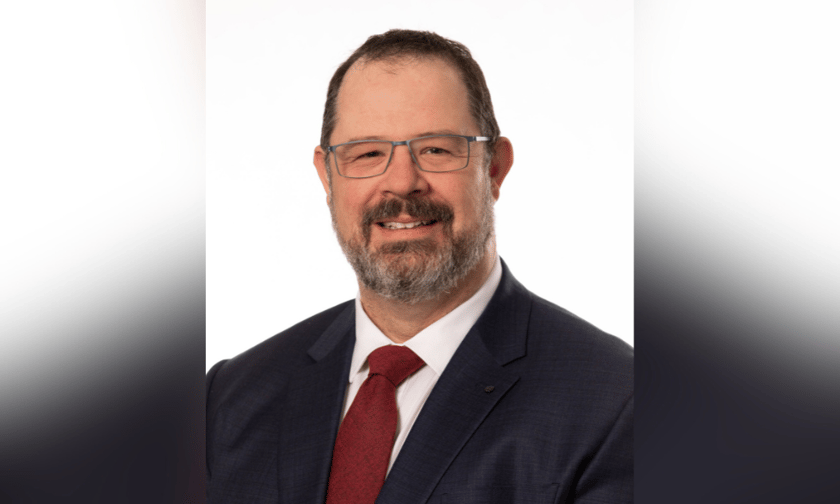

The Australian Homelessness Conference 2024 wrapped up in Adelaide on August 14, following two days of presentations and discussions.
Attended by around 800 delegates from across Australia, the event was an opportunity for the sector to connect, share ideas, and explore practical solutions to homelessness.
The AHURI conference featured nearly 90 speakers across 22 sessions, including a networking breakfast that allowed participants to strengthen relationships and discuss collaborative efforts.
Michael Fotheringham (pictured above), managing director of AHURI, stressed the importance of the event, saying: “The 2024 conference was an important opportunity to connect, to clarify the challenges the sector faces, and to chart the pathways that will move the sector forward.”
A key highlight of the conference was the participation of two international speakers: Jemine Bryon, deputy assistant secretary from the US Department of Housing & Urban Development, and Tim Richter, president and CEO of the Canadian Alliance to End Homelessness.
Their presentations highlighted both the unique challenges faced by different countries and the universal nature of homelessness issues.
Richter shared how Canada’s coordinated system-level response to homelessness has shown success.
“Homelessness is a solvable, structural problem, not the fault or failure of individuals,” he said.
The voices of service users were central to the conference, with three sessions focusing on best practices shaped by lived experiences.
“Half of the sessions across the program included a speaker bringing an identified lived experience perspective,” Fotheringham said.
These discussions led to conversations about the real-world impact of homelessness and the value of personal stories in influencing policy and program design.
Aboriginal and Torres Strait Islander leaders took the stage to discuss the importance of self-determination in service provision.
Their sessions presented examples of Indigenous-led research, service design, and program delivery, underlining the urgent need for Aboriginal-led solutions to close the gap on housing and homelessness.
The conference concluded with a forward-looking discussion about what’s next for Australia’s homelessness system.
The panel encouraged the sector to use its influence to challenge policymakers and set higher standards for homelessness prevention.
A strong message emerged: addressing the systemic shortage of housing is key to driving real change in tackling homelessness, AHURI said.
Get the hottest and freshest mortgage news delivered right into your inbox. Subscribe now to our FREE daily newsletter.
